USA
The Zika virus has been confirmed in Harris County in the US state of Texas, and the news is making headlines.
The potentially catastrophic little known virus is responsible for an unprecedented epidemic currently sweeping through the tropical regions of the Americas.
Having had cases of the virus confirmed in the West African island of Cape Verde in December last year, should Africa worry? Here’s what you should know, as Time reports.
What is Zika?
Zika is a mosquito-borne virus. It causes mild symptoms of fever, rash, joint pain and eye redness. About one in five people who are infected actually become sick.
How is it treated?
There is no medication for the illness, and it typically clears up with rest and fluids within a week.
Is it fatal?
No, but it may pose a risk to pregnant women’s fetuses. The virus has been linked to microcephaly, a condition in which babies have small heads and incomplete brain development; Brazil saw a spike in rates of the condition in 2015.
While officials investigate whether there is a link to the country’s Zika infections, they have recommended Brazilian women delay getting pregnant if possible.
However, the US Centre for Disease Control says more information is needed to conclusively determine a link.
“Since there are many causes of microcephaly in babies, it will take some time to determine the cause of these cases,” said a spokeswoman in an emailed statement to TIME.
Should Africans be worried?
For a person to infect others, reports Time, he or she would have to be bitten by a mosquito during the “relatively short” time the virus is present in his or her blood, and that mosquito would then have to bite another person. With the current outbreak in Latin America and confirmed cases in Cape Verde, there is need to worry.
What should pregnant women do?
Pregnant women traveling to affected areas should take several precautions, like “using insect repellent; wearing long-sleeved shirts and long pants; and staying in places with air conditioning or with window and door screens to keep mosquitoes outside,” the CDC says.
“Using an insect repellent is safe for all people, including pregnant and breastfeeding mothers.”



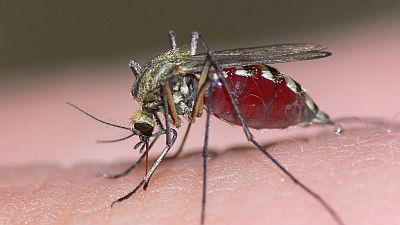



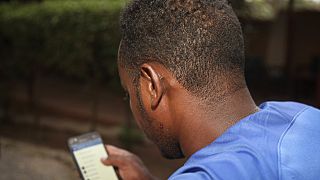



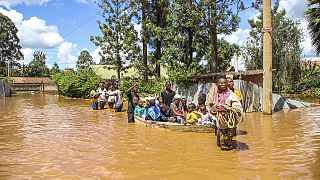
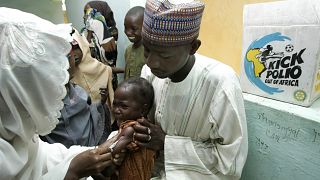
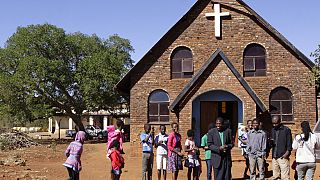
01:01
Israel-Hamas war: Humanitarian aid parachuted into northern Gaza
01:01
Protests against U.S. military presence in Niger continue
01:35
Sudan war fuelled by weapons from foreign actors in violation of sanctions - UN
02:17
The US and the UK condemn Iran's attack on Israel
01:17
US: Halle Berry reflects on how to get people back to movie theatres
02:20
Remake of 'Don’t Tell Mom the Babysitter’s Dead' released this week